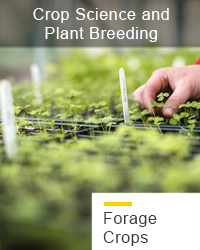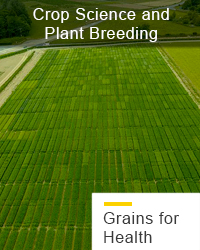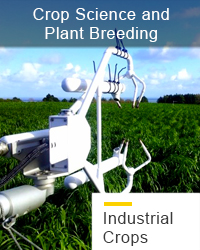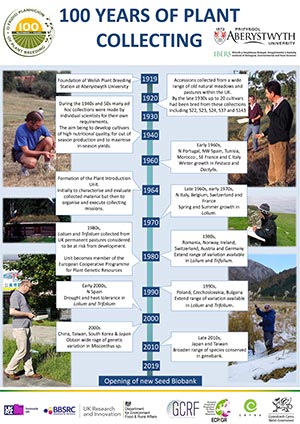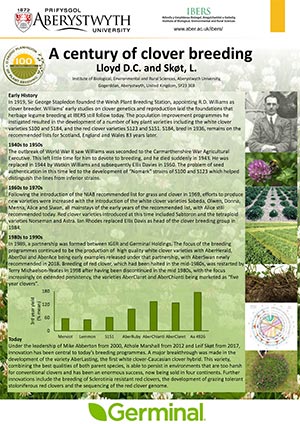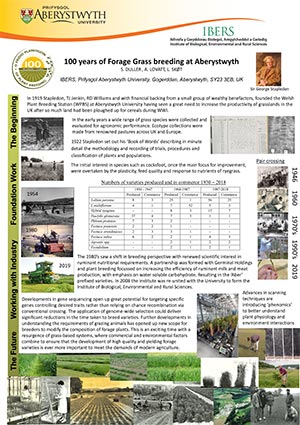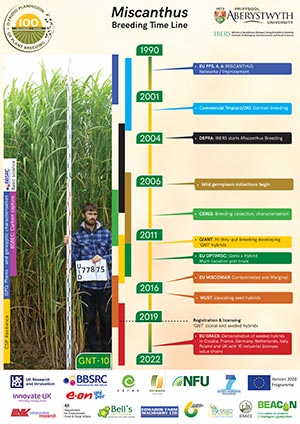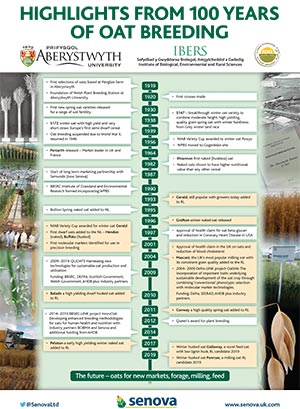Crop Science and Plant Breeding
Plant Breeding for the Future
The future sustainability of food-crop production and industrial non-food crops depends on the continued development of new varieties that fulfil three key requirements:
- Improved yield with reduced inputs
- Yield stability and persistence under biotic and abiotic stresses
- Enhanced quality for the end user
Although the focus of the breeding programmes is to enhance performance this needs to be combined with reducing the environmental footprint of agriculture in the UK and elsewhere. Delivering on these objectives needs continued breeding: combining conventional and new molecular breeding technologies. Crop improvement requires a better understanding of the underlying factors controlling traits at many levels - from molecular through physiology to agronomy and supply chains.
Our plant breeding research currently focuses on 3 main types of crop:
Genetic Resources and the Seed Bank
Underpinning the plant breeding programmes is a large collection of ex-situ conserved germplasm mainly consisting of our mandate crop species. This collection is a constituent of the nationwide UK Plant Genetic Resources network. This is housed in the new Seed Bank Controlled Environment facility which also includes bulk seed processing capability where the early generations of IBERS varieties are processed, quality controlled and maintained for further multiplication by our commercial partners.
In addition, we have established an apple and pear heritage variety orchard. This is a genetically unique collection of apple and pear germplasm, much of which originated from Welsh farms, is being collected, grown, conserved and evaluated for potential future use in helping to meet biodiversity improvement and climate change mitigation challenges, as well as providing options for farm income diversity strategies.
Novel uses of crops include protein extraction from forage for monogastric feedstock. The quality of plant breeding at IBERS is reflected in the consistent prevalence of IBERS varieties on recommended lists in the UK, and the institute is continuously registering new varieties in all crops with the CPVO to allow for commercial exploitation.
Biotechnology
To underpin our understanding of gene structure and function, particularly for the genetic control of recombination and other breeding-related traits, we maintain a transformation pipeline in a number of species including Brachypodium and Lolium perenne. This pipeline also facilitates the development and optimisation of Crispr-based gene editing in those species.

